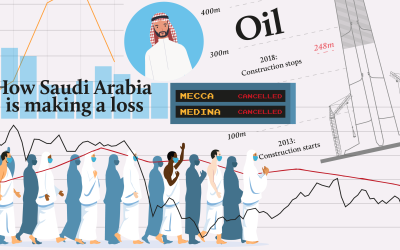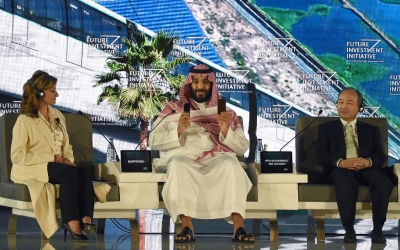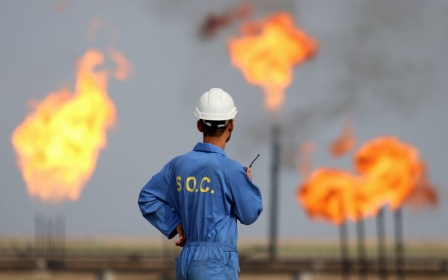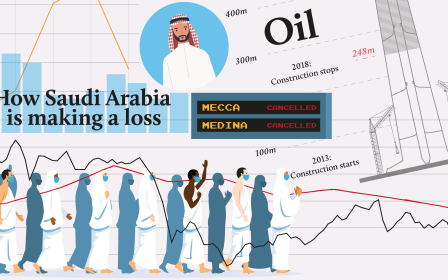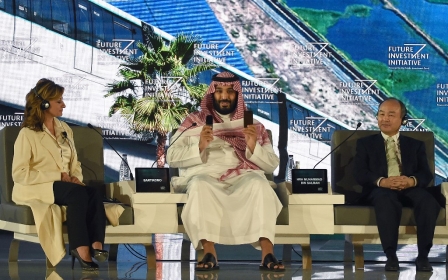Saudi Aramco forced to sell billions of dollars in bonds to maintain $75bn dividend
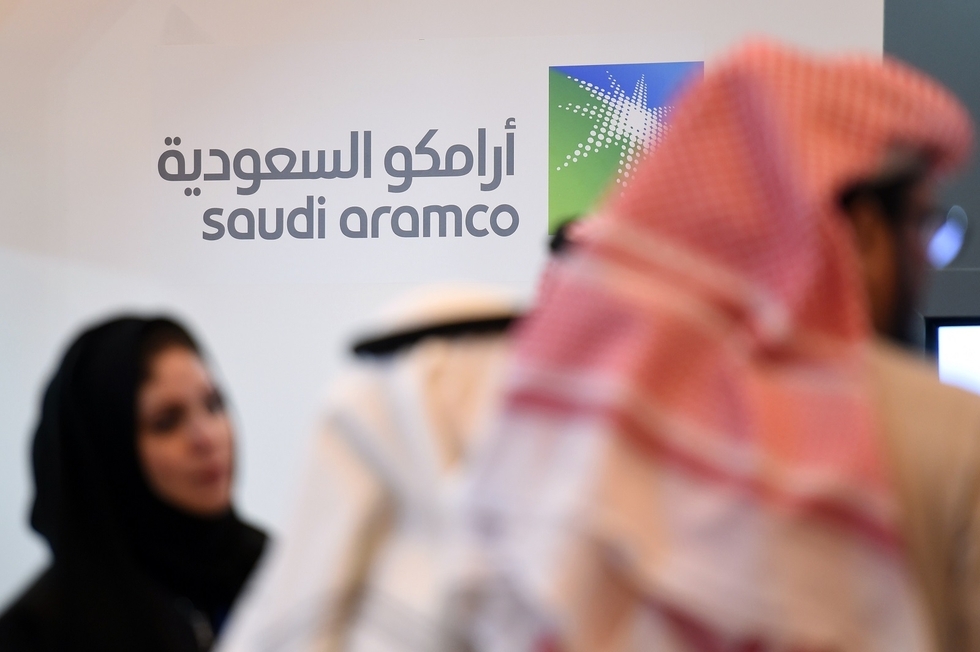
Saudi Aramco is to sell billions of dollars in international bonds in a bid to bolster its balance sheet and meet its $75bn dividend target, as the coronavirus crisis hits its profits.
The oil giant made its debut in the international debt markets last year by raising $12bn, after receiving more than $1oobn in orders.
Goldman Sachs, Citi, HSBC, JPMorgan, Morgan Stanley and NCB Capital were hired to arrange investor calls starting on Monday for several tranches of potential bonds with maturities of between three and 50 years, Saudi Aramco said in a bourse filing.
It did not specify how large the issuance would be, but it is expected to run into the billions with benchmark bonds generally at least $500m per tranche.
Other institutions involved in the deal include BNP Paribas, BOC International, BofA Securities, Credit Agricole, First Abu Dhabi Bank, Mizuho, MUFG, SMBC Nikko and Societe Generale, a document issued by one of the banks on the deal showed.
Saudi Aramco, whose flotation in December 2019 was the world's biggest IPO, earlier this month reported a 45 percent drop in third-quarter net income to $11.8bn.
The coronavirus pandemic has dramatically hit demand for oil this year, leaving the company's debt levels spiralling.
The upcoming bond issue is designed to fill a financial gap after the disastrous year.
Dividend committment
Despite its difficulties, Saudi Aramco has maintained its commitment to pay out the $75bn annual dividend to investors this year, almost all of which will go to its largest shareholder, the Saudi government.
Meanwhile, Saudi Aramco is under growing pressure to cut its spending and raise cash to help buffer the kingdom, which faces a ballooning budget deficit.
The company has cut capital expenditure by an estimated $25bn to $30bn this year.
Last week, rating agency Fitch lowered the outlook on Saudi Aramco from positive to negative over concerns about the government’s weaker finances.
Fitch said Saudi Aramco’s “ambitious” target of paying $75bn in dividends could result in post-dividend free cash flow turning negative in 2020 and 2021, before breaking even in 2023.
Bleak future
Saudi Arabia has been trying to diversify its economy for decades, as emphasised in its Vision 2030 plan launched by Crown Prince Mohammed bin Salman.
But the the dual shocks of coronavirus and tumbling energy prices have hurt its plans.
Oil revenues account for around two-thirds of the kingdom’s exports.
But while Saudi Arabia was once responsible for nearly 30 percent of global oil exports, that figure has now dropped to just 12 percent, according to research consultancy Capital Economics.
Riyadh started a price war in March in an apparent bid to damage rival producers, even as global demand was sinking due to Covid-19.
It flooded the market, but in doing so saw its crude export revenues drop by 65 percent compared to April 2019.
“The sharp decline in oil prices, exacerbated by demand loss from the pandemic, has hit Saudi Arabia particularly hard,” Boris Ivanov, founder and managing director of consultancy GPB Global Resources, told Middle East Eye earlier this year.
Prices have recovered since to about $41.50 a barrel - but that is still well below the $77.6 a barrel that the kingdom needs to balance its budget.
Neither is the global outlook positive. Demand is projected to fall “by 8.1m barrels a day, the largest in history” because of Covid-19, according to the International Energy Agency (IEA).
Looking forward, the organisation predicts that demand will peak by 2030 due to the rise in renewable energy.
Middle East Eye delivers independent and unrivalled coverage and analysis of the Middle East, North Africa and beyond. To learn more about republishing this content and the associated fees, please fill out this form. More about MEE can be found here.


